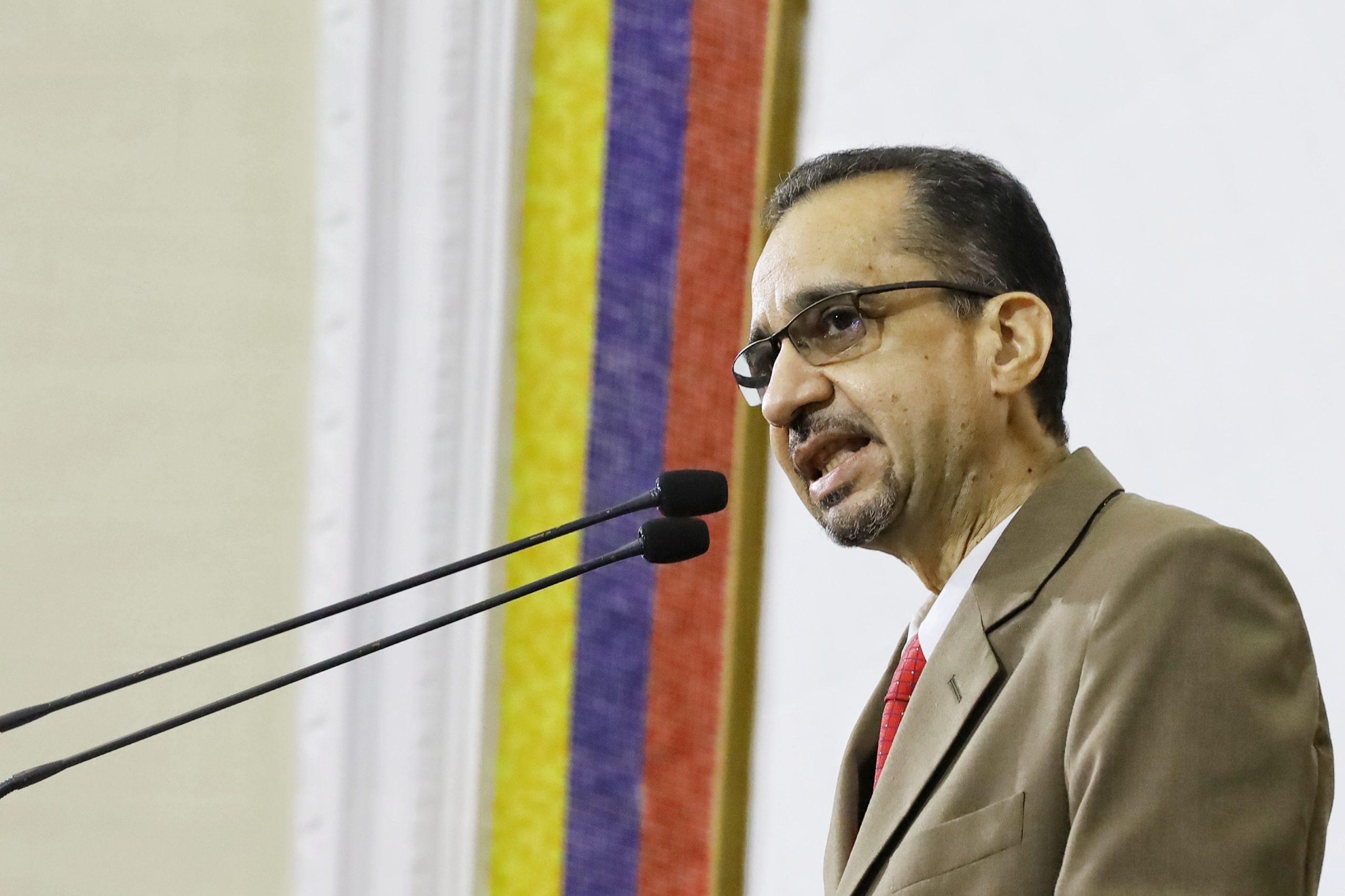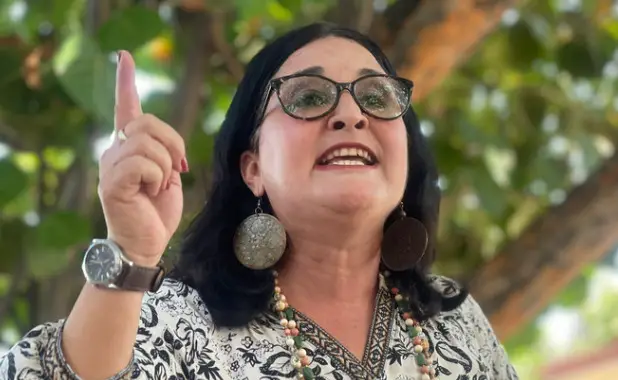The theme of the migration Venezuelan has been managed as a business that has left large profits in dollars to different Non-Governmental Organizations (NGOs).
This was stated by the deputy to the National Assembly (AN), Julio Chávez, who explained that NGOs charge at least four thousand dollars per migrant.
During a television interview, Chávez indicated that after carrying out an investigative work in which different testimonies were collected, it was determined that many of the organizations led by political actors from the opposition sector who fled the country, turned the issue into a lucrative business.
He explained that to cross the borders “you have to have money, to pay tolls and alcabalas from all the coyotes, from the Gulf Cartel and from people from the different governments of countries that also charge.”
He also stressed that in this case “the NGOs, the more migrants they serve in the area, the more resources they will capture and pocket from the pain of all.”
He stressed that there are not only Venezuelans in this. “There are people of other nationalities, but the news is that there are Venezuelans.”
He recalled the campaign against Venezuela and its institutions. In this sense, he said that “there is a higher escalation of aggression against the country and that is what the President of the Republic, Nicolás Maduro, has denounced, and it must be done in all spaces.”
Parliamentarian Julio Chávez, who is a member of the Special Commission to Investigate Crimes against Venezuelan Migrants Abroad, indicated that what happened in Texas, United States, where several Venezuelans were run over, is part of this escalation of violence against the country and the compatriots.
Final report
He announced that the final report on this topic on Crimes against Venezuelan Migrants Abroad was delivered.
“We give an account of the work carried out over two years, where we collected a good part of the causes that motivated migration,” he added.
He commented that the report presented shows how the issue of migration is part of the actions carried out by the Government of the United States to continue generating pressure against Venezuela and its institutions.
“To this have been added the governments of Chile and Peru, which are not allowing the return of Venezuelans, violating the universal human right of free mobility. A recent case is that they did not allow the Conviasa plane to land in Chile”, he pointed out.
recommendations
The parliamentarian affirmed that in the report delivered through the Special Commission to Investigate Crimes against Venezuelan Migrants Abroad, a series of recommendations were made for the creation of instruments that address the migration problem.
“We have to remember that Venezuela has always been a recipient of migration, that is why our laws are focused on this issue, for example when we received the population of Europe who had been fleeing World War II and settled in our country,” he added.
Attack on the institutionality
For the deputy for the MEP/Nacional Gilberto Giménez Prieto, “migration is a strategy of the United States Government to attack the institutionality Venezuelan”.
According to a note from the AN, Prieto, who is a member of the Permanent Commission on Foreign Policy, Sovereignty and Integration, for Venezuelans migration has become a drama due to the unilateral coercive measures imposed by the United States.
He stressed that the frequent attacks by the United States government against Venezuela “have impacted the quality of life of the people, as well as the exercise of their fundamental human rights of mobility and migration, being victims of what today is one of the greatest ways of aggression against the Republic”.
Likewise, he stressed that these governments that intend to put an end to the Bolivarian Revolution, with the institutionality and with the President of the Republic, Nicolás Maduro, do not recognize “the effort made by the National Executive, through the Plan Vuelta a la Patria, with the which all those compatriots stranded abroad have the possibility of returning to the country”.







